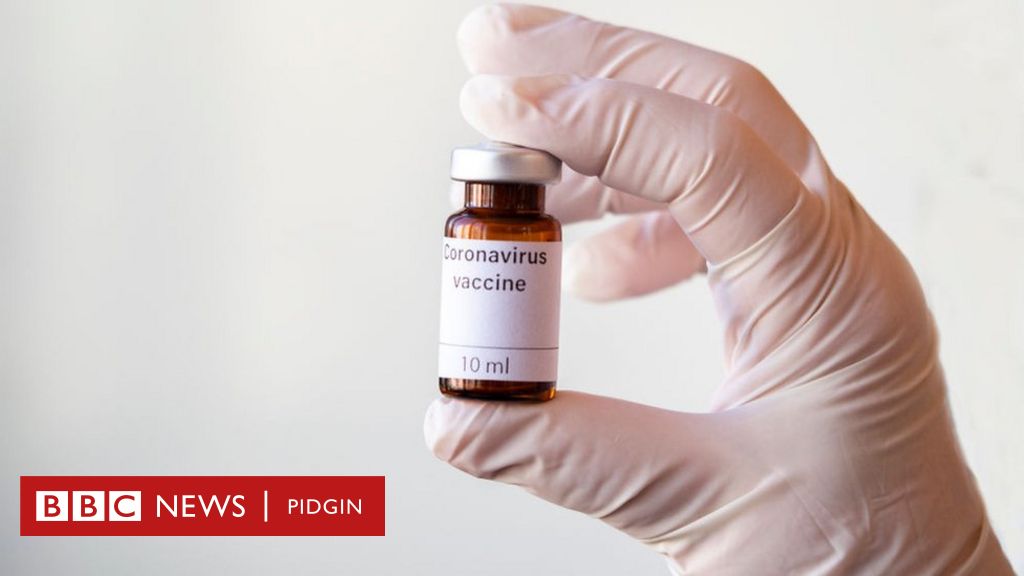With the creation of a vaccine for the world-impacting COVID-19 virus comes the questions of whether the citizens can be mandated by law to take the vaccines. In as much as persons are being encouraged to be vaccinated, some persons have rejected the idea on varied grounds particularly religious beliefs.
The right to freedom of thought, conscience and religion is guaranteed under section 38 of the Constitution of the Federal Republic of Nigeria, 1999 (as amended). It is on the basis of this right that the Courts have ruled in plethora of cases that a Jehovah’s witness can validly refuse blood transfusion even when in dire critical condition that could lead to death, provided he or she had made it clear that same was against his/her religious beliefs (See M.D.P.D.T v. Okonkwo (2001) LPELR-1856 (SC)). This rule however does not apply in the case of children as what is in their best interest will be of paramount consideration in the circumstance (Tega Esabunor & Anor v. Dr. Tunde Faweya & 4 Ors (2019) 7 N.W.L.R, PART. 1671, P. 316 (SC)).

It is important to state that these rights are not absolute, and that same can by Section 45 of the 1999 Constitution be restricted by a law duly enacted for the purpose of public health and public safety. The question however that begs to be answered is whether the state can make vaccination compulsory on the grounds of public health and public safety notwithstanding individual’s rights to refuse same? In other words, in view of the nature of the COVID-19 virus, can the government insist that all its citizens be compulsorily vaccinated?
Generally, government’s obligation to ensure the protection of the health of members of the society has resulted in the enactment of laws and treaties and the implementation of policies. In certain countries, these laws and policies have been given effect to by the courts of law. In the United States for example, the courts have recognized the rights of the state as a whole over the rights of individual members in certain cases.
Thus, in the US case of Jacobson v. Massachusetts 197 U.S. 11 (1905), the court sustained an imposition of a five dollar fine on the defendant for refusing to comply with a local compulsory vaccination laws during a smallpox epidemic. The court held that it did not involve religion and was sustained under the theory that “a community has the right to protect itself against an epidemic of disease which threatens the safety of its members.” The Court per Judge Wright also relied upon the ability of the state to order compulsory medical treatment for children in cases of serious illness or injury.

This position has continued to be sustained through the years thus upholding the right of a state to impose compulsory vaccinations provided same is not in violation of a religious relief. And in any case, where a child is involved, the question of religious beliefs have generally been held not to come into question as the state will do what is in the best interest of the child. See Tega Esabunor & Anor v. Dr. Tunde Faweya & 4 Ors (supra) where the Court held that a parent cannot deny a child blood transfusion/medical treatment on the basis of religion as the child’s welfare, i.e. saving the life and the best interest of the child needs to be put into consideration especially in life threatening situations. Moreover, the right to religion is restricted if same will impede the rights of other members of the society – Section 45 of the 1999 Constitution.
In other words, the dilemma which governments and the courts have faced is – “One man or the whole society”? The supremacy of the latter is clearly evidenced by the general restrictions to certain fundamental human rights under section 45 of the constitution. Thus, in addition to specific exemptions affecting each right, these rights (only in relation to those under section 37-41) can be overriden by a law ‘that is reasonably justifiable in a civil society’ and which is enacted (a) in the interest of defence, public safety, public order, public morality or public health; or (b) for the purpose of protecting the rights and freedom or other persons. It is on the authority of these provisions that federal and state legislatures have enacted laws affecting public health thus making provisions for things such as compulsory fumigation, quarantine, environmental sanitation, amongst others.

Thus, where a law exists which seeks to protect the interest of the health of members of the society, despite the fact that it will violate an individual’s fundamental human right to privacy, freedom of thought, conscience and religion, freedom of expression, freedom of assembly and freedom of movement, same will be held as valid.
In other words, where the government enacts a law that makes vaccinations against the COVID-19 compulsory on the ground of public health, same is likely to be upheld by a court of law. And with the expansive definition of ‘law’ as contained in section 45 of the Constitution in the case of Mbanefo v. Molokwu & Ors (2014) LPELR-22257 (SC), the government may carry out this action by way of Regulations. In so far as such a law does not however exist, any attempt by the government to impose the vaccination in violation of the fundamental human rights of the citizens will be regarded as a gross violation of these rights. It can however be argued that if the law breaches any other fundamental human rights other than those to which the restrictions highlighted in this paper apply, it can be challenged in a competent court of law.
Have you been vaccinated against COVID-19? What are your thoughts on the COVID-19 vaccine?





